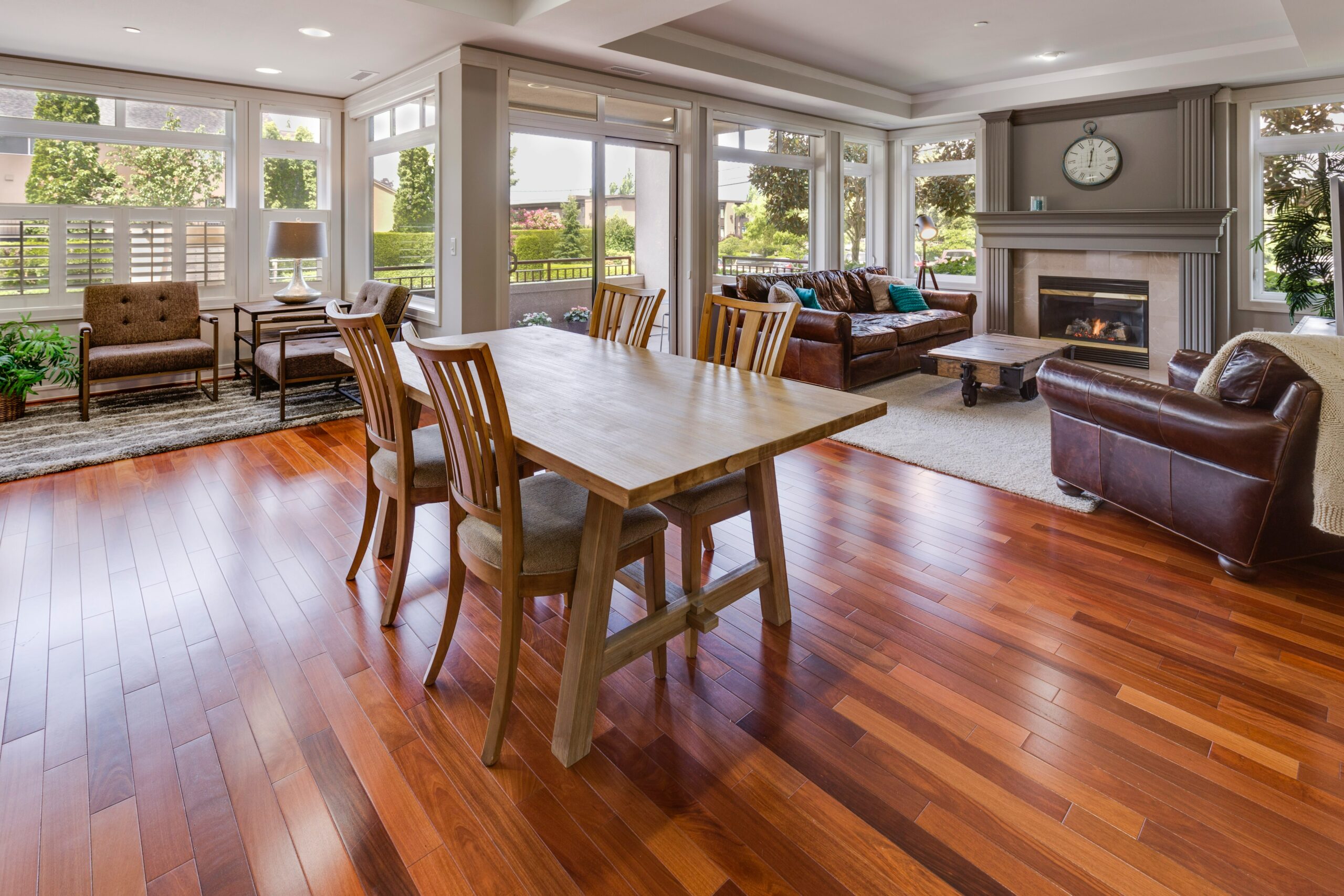Imagine spending time and money on brand-new floors, only to see them warp, crack, or buckle within months. Frustrating, right? The truth is, flooring installation isn’t just about laying planks or tiles—it requires precision, planning, and the right materials to ensure a flawless finish. Unfortunately, many homeowners (and even some inexperienced installers) make common mistakes that can lead to costly repairs down the road.
Whether you’re planning a hardwood floor installation in Chicago or upgrading your home with luxury vinyl or tile, avoiding these pitfalls will save you time, stress, and money. In this guide, we’ll walk you through the biggest flooring installation mistakes—why they happen, how they can ruin your floors, and, most importantly, how to prevent them.
By the end, you’ll know exactly what to look out for and why hiring professional flooring installation services can make all the difference. Ready to make sure your floors stand the test of time? Let’s dive in!
Choosing the Wrong Flooring for Your Space
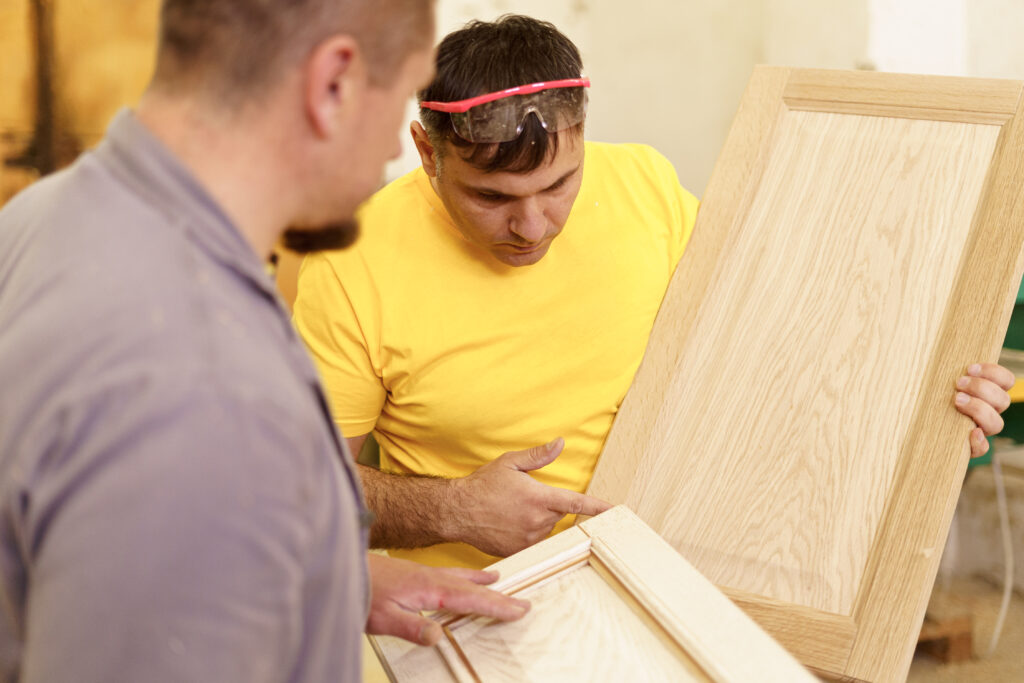
So, you’ve picked out a gorgeous flooring option—maybe a sleek hardwood, trendy vinyl, or classic tile. But before you get too excited, here’s the big question: Is it the right choice for your space?
One of the biggest mistakes homeowners make is selecting flooring based purely on looks without considering functionality. While that glossy hardwood might look stunning in a showroom, it might not be the best option for a high-moisture area like your basement or kitchen. On the flip side, tile might be durable, but it can feel uncomfortably cold in a cozy bedroom.
Why It Matters
Different flooring materials have different strengths and weaknesses. Here are a few factors to keep in mind before making a decision:
- Moisture Resistance: Kitchens, bathrooms, and basements need water-resistant options like tile, vinyl, or engineered hardwood. Traditional hardwood can swell and warp in humid conditions.
- Durability: High-traffic areas like hallways and living rooms require tough materials. If you have pets or kids, scratch-resistant options like laminate or luxury vinyl plank are better than softer woods.
- Comfort and Insulation: Hardwood adds warmth and elegance, but tile can feel cold underfoot. Carpet or cork flooring might be better for bedrooms and family rooms.
How to Avoid This Mistake
Before investing in new floors, consider your lifestyle, climate, and room function. Consulting with professional flooring installation services can help you make an informed choice. An experienced flooring contractor will assess your space and recommend the best material for long-term durability. Choosing wisely now will save you from costly replacements down the road.
Poor Subfloor Preparation
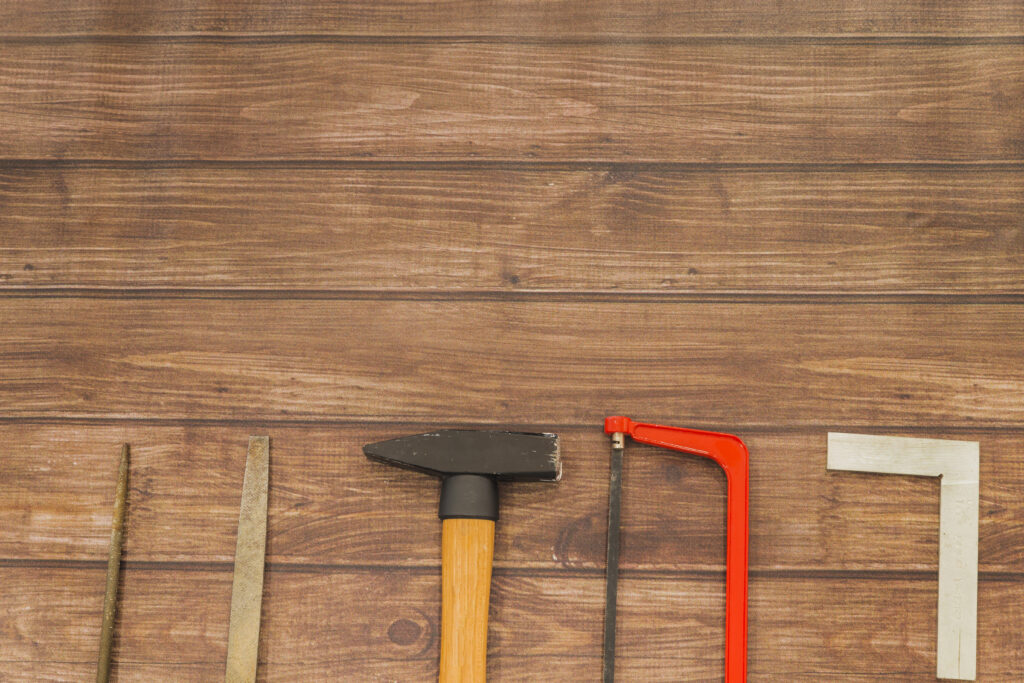
Imagine spending time and money on beautiful new flooring, only to realize something feels off. The planks don’t sit flush, there are subtle dips underfoot, and an annoying squeak appears every time you step in certain spots. The culprit? A poorly prepared subfloor.
Many homeowners focus on choosing the right flooring but overlook what’s underneath. A subfloor that isn’t level, clean, or properly secured can cause all kinds of problems, from gaps and buckling to moisture damage and structural instability. This is especially important for hardwood floor installation in Chicago, where fluctuating humidity can cause wood to expand and contract. Without the right preparation, even the highest-quality flooring won’t last as long as it should.
Before installation, the subfloor needs to be checked for moisture, smoothed out, and reinforced where necessary. Any imperfections—cracks, uneven surfaces, or loose areas—can lead to long-term damage. Professional flooring installation services ensure this step isn’t rushed, using the right techniques to create a solid, stable foundation.
Skipping this step can lead to costly repairs down the road. A skilled flooring contractor will take the time to assess and prepare the subfloor properly, preventing future headaches. Whether you’re installing hardwood, vinyl, or tile, the success of your flooring depends on what’s beneath it. Investing in proper preparation now will save you time, money, and frustration in the years to come.
Skipping Acclimation of Flooring Materials
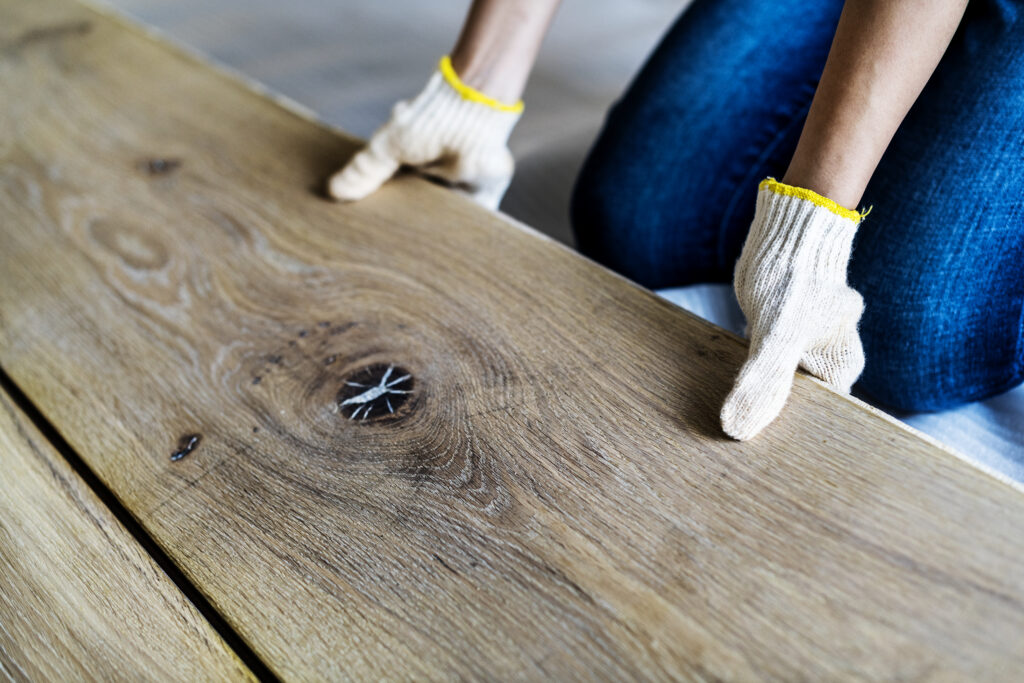
You’ve chosen the perfect flooring, had it delivered, and are eager to start the installation. But if you rush into it without letting the materials adjust to your home’s environment, you could be setting yourself up for trouble. Skipping the acclimation process is a common mistake that can lead to warping, shrinking, or gaps in your flooring after installation.
Natural materials like hardwood and even some engineered floors respond to temperature and humidity changes. This is especially true for hardwood floor installation in Chicago, where seasonal shifts in humidity can cause significant expansion and contraction. If the flooring isn’t given time to adjust to its new surroundings, it won’t settle properly once installed, leading to misaligned planks or noticeable gaps.
Acclimating flooring is a simple but crucial step. It involves placing the materials in the room where they’ll be installed and letting them sit for at least 48 hours. This allows them to adjust to the temperature and moisture levels of the space before they’re secured in place. Professional flooring installation services always take this step to ensure long-term stability.
Skipping acclimation might not seem like a big deal at first, but over time, it can lead to costly repairs. A knowledgeable flooring contractor understands the importance of this process and will make sure your flooring is properly conditioned before installation begins. Taking the extra time now can mean the difference between a flawless, long-lasting floor and one that needs fixing sooner than expected.
Incorrect Installation Techniques
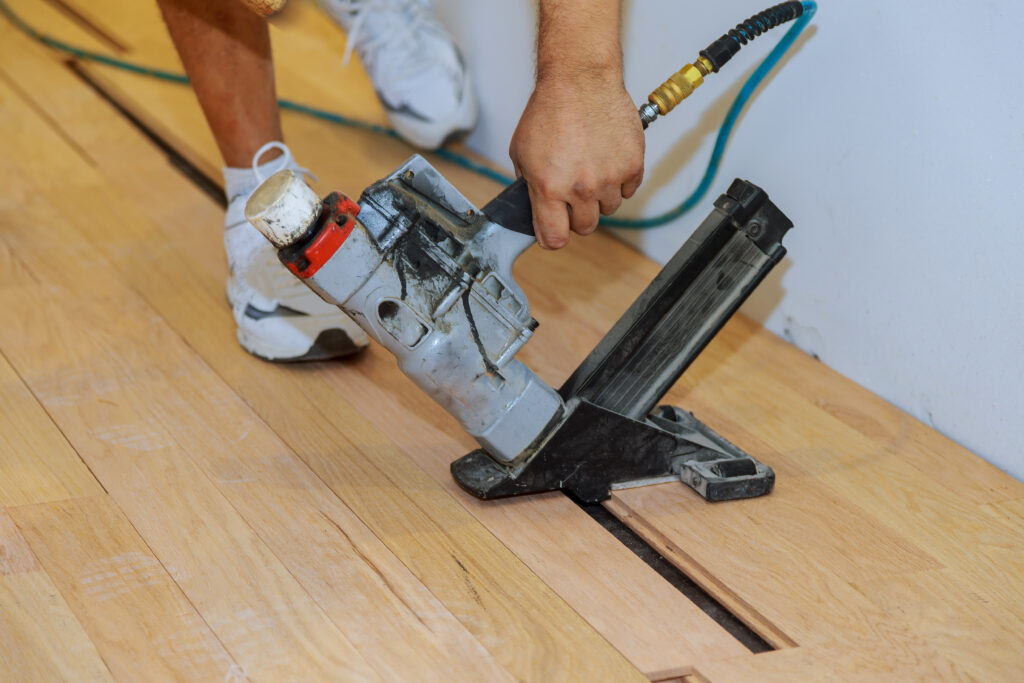
Installing new flooring might seem like a simple process—lay the planks, secure them, and enjoy your new space. But even small installation mistakes can lead to major issues down the road. Uneven surfaces, buckling, and gaps between boards don’t just ruin the look of your floors; they can also shorten their lifespan and lead to costly repairs.
Here are some of the most common installation mistakes and how to avoid them:
- Forgetting Expansion Gaps – Wood and laminate floors expand and contract with temperature changes. Without proper spacing around walls and fixed objects, floors can buckle or warp. This is especially important for hardwood floor installation in Chicago, where humidity shifts throughout the year.
- Using the Wrong Adhesive or Fasteners – Not all flooring materials require the same type of installation. Some need nails, others require glue, and floating floors rely on interlocking planks. Using the wrong method can cause loose boards, creaking sounds, or gaps between planks.
- Misaligned Planks and Uneven Seams – Rushing through installation or failing to measure properly can result in visible seams, gaps, or uneven edges. This not only looks unprofessional but can also create tripping hazards.
- Skipping Underlayment When Needed – Some floors require an underlayment for added stability, noise reduction, or moisture protection. Without it, floors may feel uneven, sound hollow, or suffer from water damage.
Professional flooring installation services ensure these mistakes don’t happen. Working with an experienced flooring contractor guarantees precise measurements, proper materials, and a flawless finish that lasts for years. Taking the time to install flooring correctly makes all the difference in durability and long-term performance.
Rushing the Installation Process
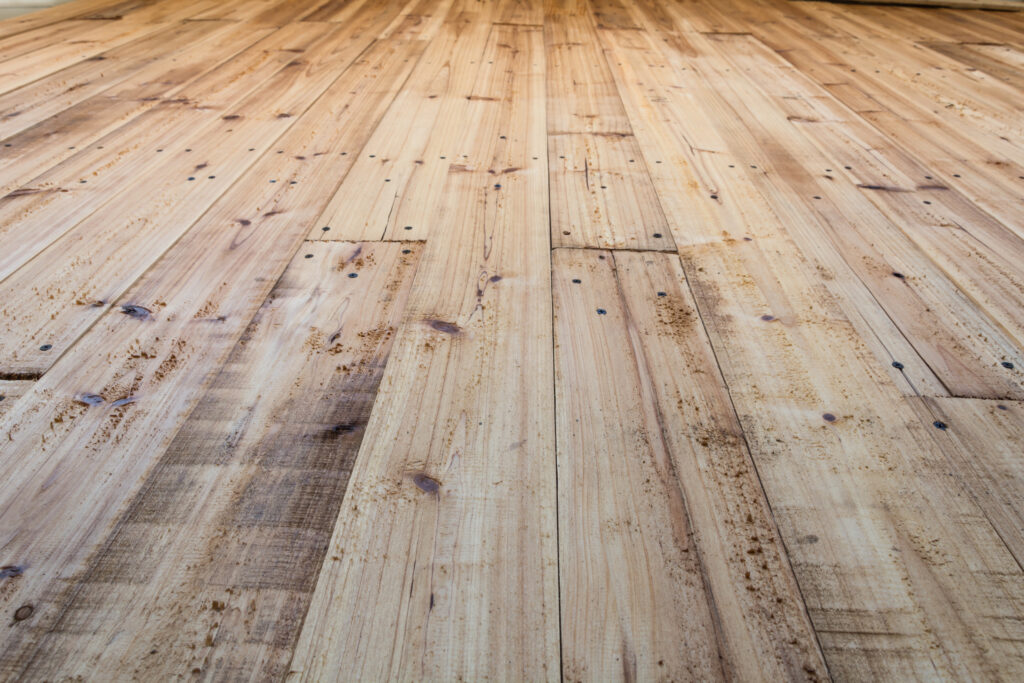
When it comes to flooring, patience pays off. Many homeowners or inexperienced installers try to speed through the installation process, eager to see the final result. But rushing can lead to uneven planks, weak adhesive bonds, and costly mistakes that could have been avoided with a little extra time and care.
One of the biggest problems with a rushed job is improper adhesive curing. Some flooring types, like vinyl and engineered wood, require time for the adhesive to fully set. Walking on the floor too soon can cause planks to shift, creating gaps or an uneven surface. Professional flooring installation services follow manufacturer-recommended drying times to ensure long-term durability.
Another issue is careless plank placement. Precision is key in achieving a seamless look, especially for patterns like herringbone or diagonal layouts. Rushing through this step often results in misaligned boards, uneven seams, or an unprofessional finish. A skilled flooring contractor takes the time to measure and lay each piece correctly, ensuring a polished appearance.
Skipping necessary prep work is another common mistake. Proper acclimation, subfloor leveling, and moisture checks take time but are essential for a stable and long-lasting installation. For example, hardwood floor installation in Chicago requires special attention to humidity levels to prevent expansion and warping over time.
Taking shortcuts might seem like a time-saver, but it often leads to more work later. Investing in professional flooring installers ensures the job is done right the first time, providing high-quality results that will stand the test of time.
Also read: Chicago’s Best Flooring Contractors Reveal Secrets to Long-Lasting Hardwood Floor Refinishing
DIY Installation Without Proper Skills or Tools
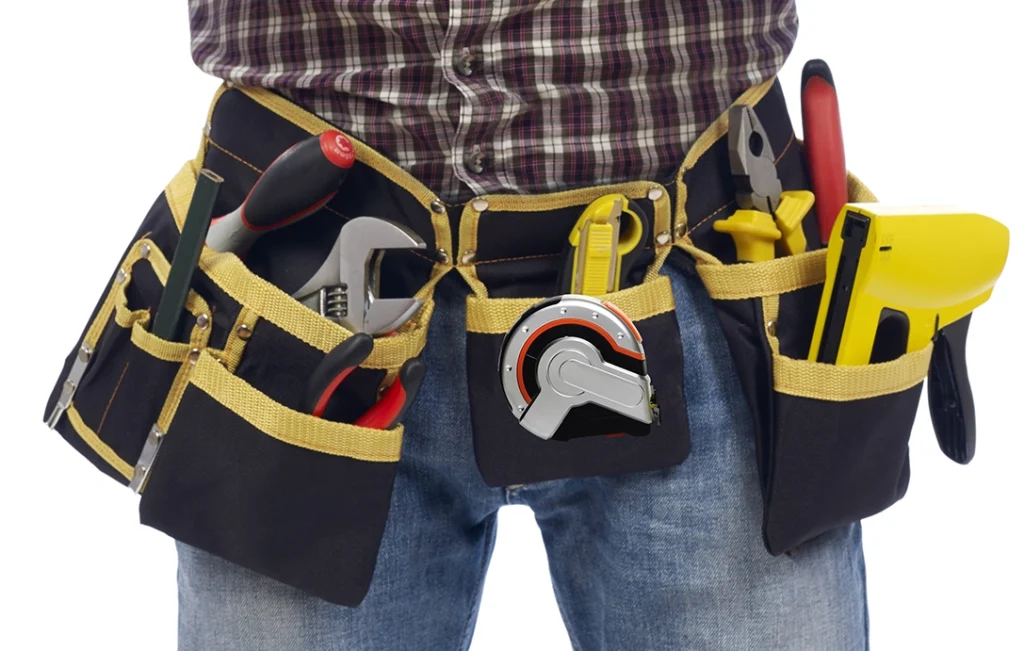
Installing new flooring yourself might seem like a great way to save money, but without the right experience, tools, and techniques, it can quickly turn into a costly mistake. Flooring requires precision, and even a small miscalculation can lead to uneven planks, visible gaps, or flooring that wears out faster than expected.
Here’s why DIY flooring installation often leads to problems:
- Improper Measurements – Cutting planks too short or misaligning tiles can create gaps and uneven surfaces. Professional flooring installers take precise measurements to ensure a flawless fit.
- Incorrect Use of Adhesives and Fasteners – Different flooring materials require specific adhesives or fasteners. Using the wrong ones can cause planks to shift, lift, or become loose over time. A skilled flooring contractor knows exactly what to use for each flooring type.
- Skipping Essential Prep Work – DIYers often overlook crucial steps like subfloor leveling, moisture testing, and underlayment installation. These steps prevent issues like creaking, shifting, or water damage, which professional flooring installation services always address.
- Lack of Specialized Tools – Flooring installation requires specialized saws, spacers, and nailers. Without them, achieving a professional finish is nearly impossible.
What might seem like a weekend project can easily turn into a frustrating and expensive redo. Hiring experienced flooring installers ensures your floors are installed correctly the first time, saving you time, money, and stress.
Conclusion: Get Your Flooring Installed Right the First Time
Flooring is a major investment, and the last thing you want is to deal with costly repairs or replacements due to avoidable mistakes. From choosing the right material to ensuring proper installation, every step matters in creating a durable, long-lasting floor. Skipping essential prep work, rushing through installation, or attempting a DIY project without the right skills can all lead to problems down the road. That’s why working with experienced flooring installation services is the best way to ensure a flawless, professional result.
Whether you’re considering hardwood floor installation in Chicago or another type of flooring, taking the time to do it right will pay off in the long run. A skilled flooring contractor will ensure that your floors are installed correctly, minimizing future issues like buckling, warping, or gaps. Investing in expert flooring installers means your home gets the quality craftsmanship it deserves.
If you’re planning a flooring upgrade, don’t leave it to chance. Reach out to trusted professionals who can guide you through the process and deliver beautiful, long-lasting results. Contact us today to learn more about your flooring options and get expert advice on the best installation techniques for your space. Your perfect floors start with the right team—let’s make it happen.

